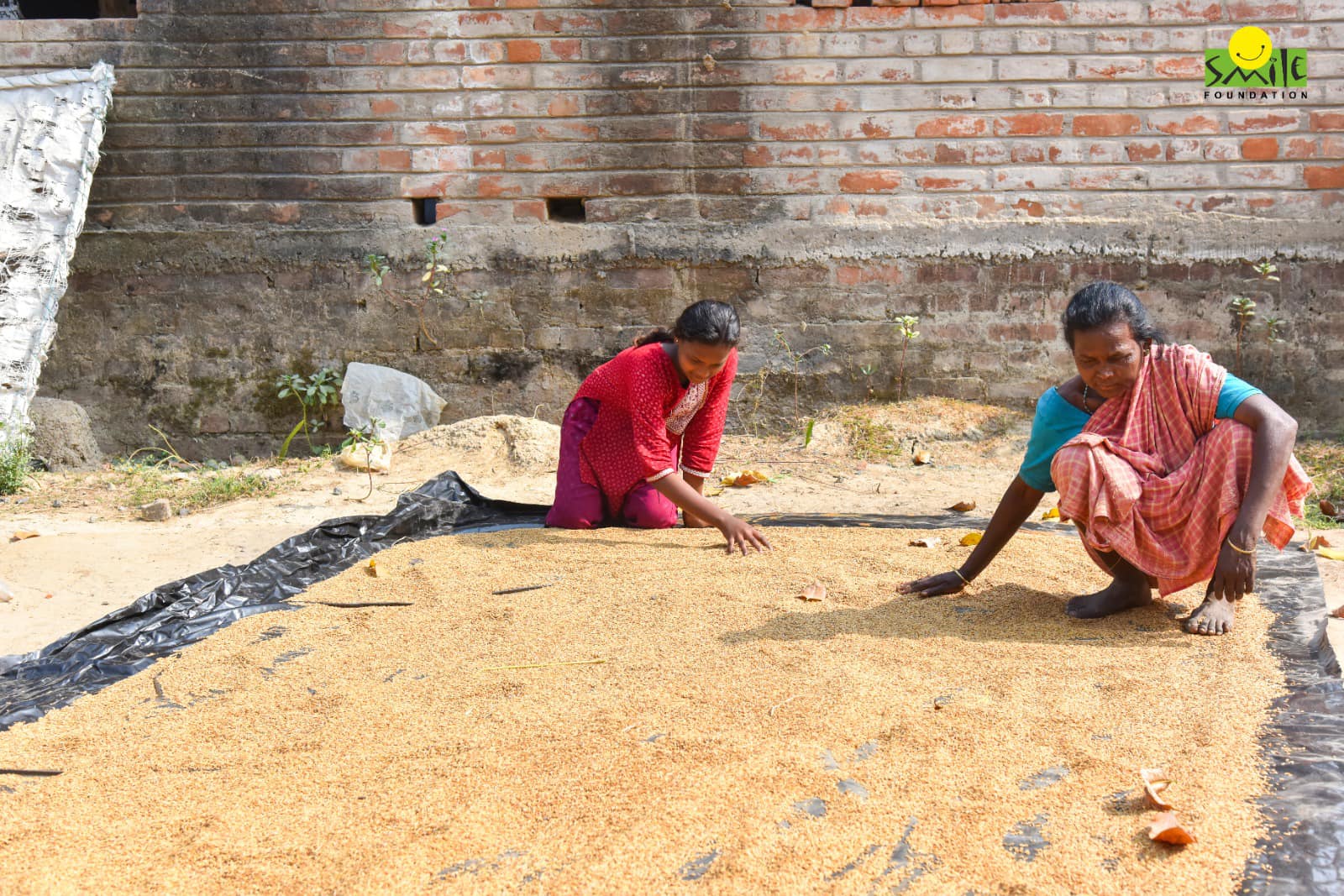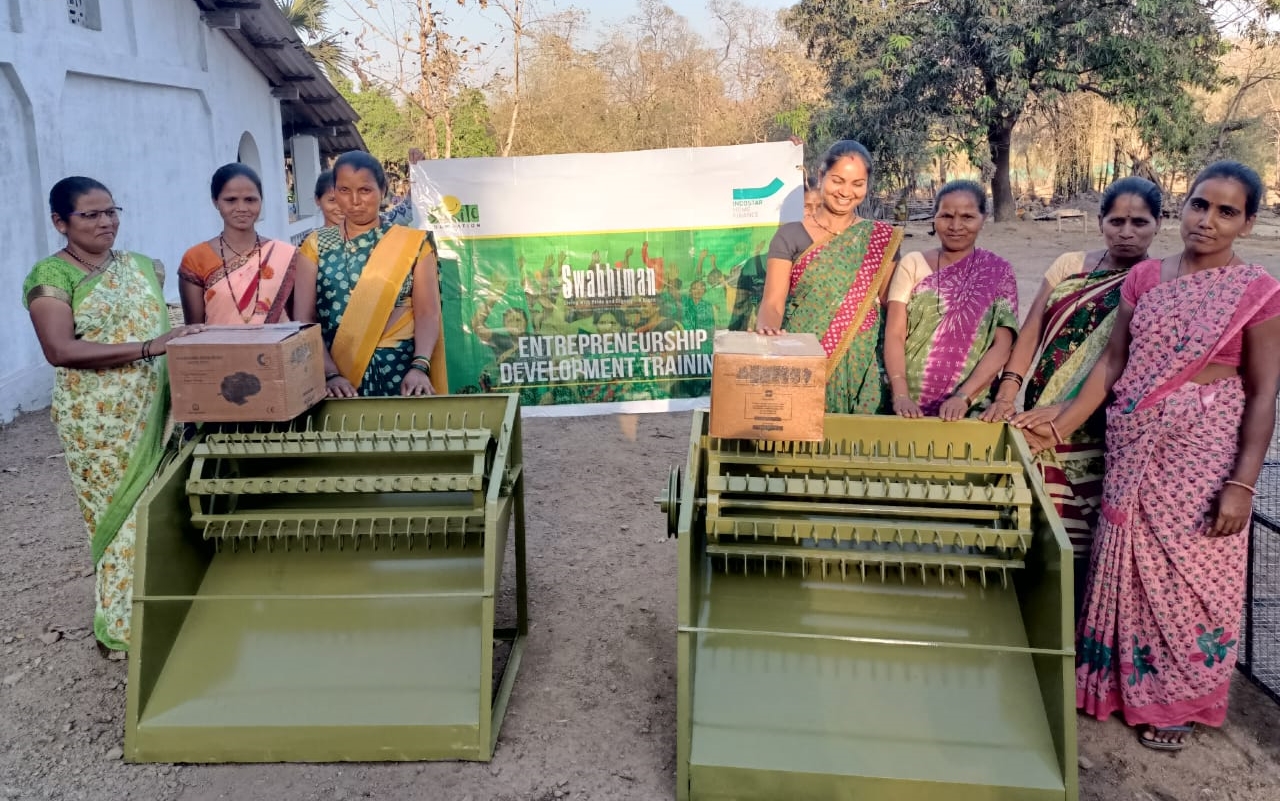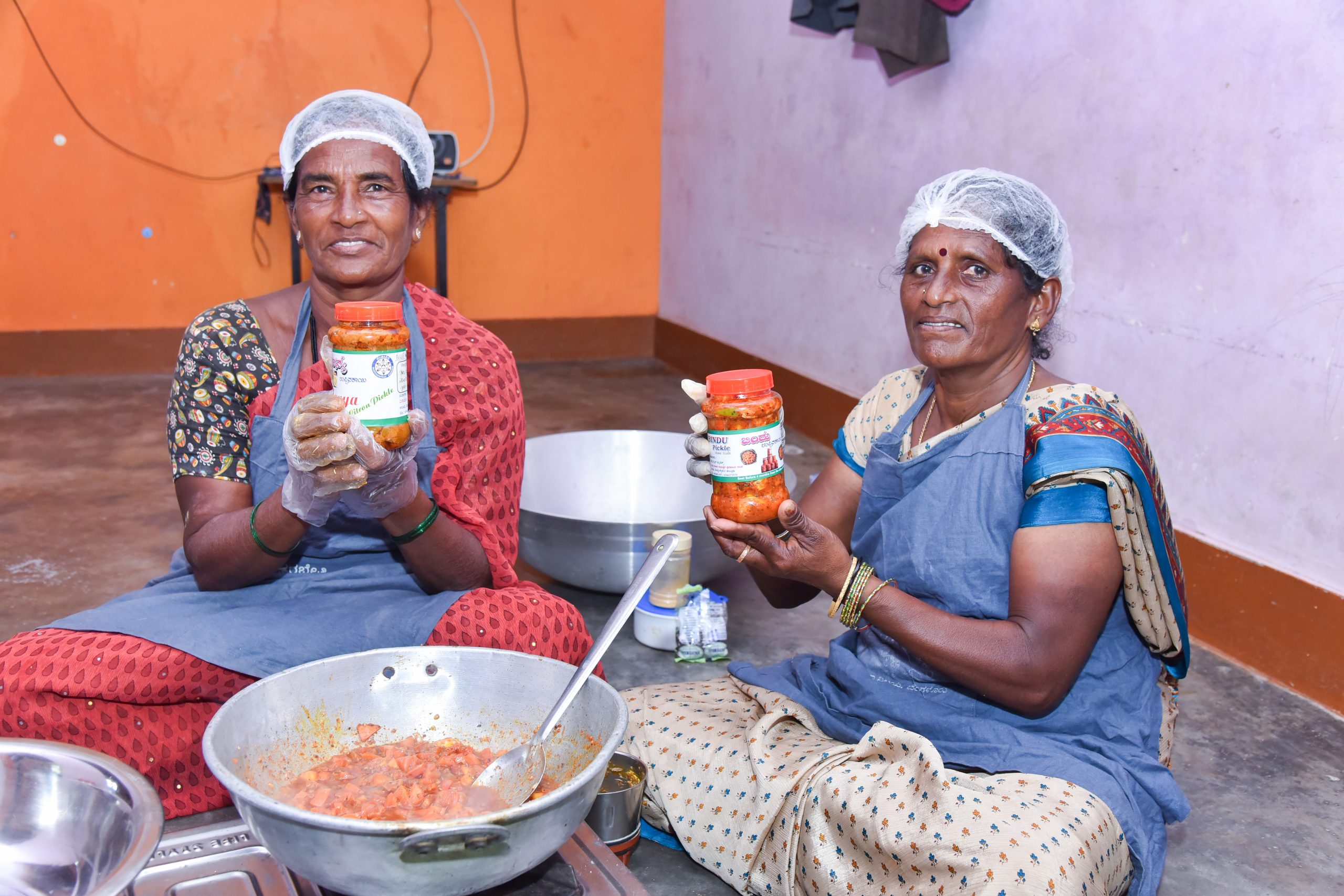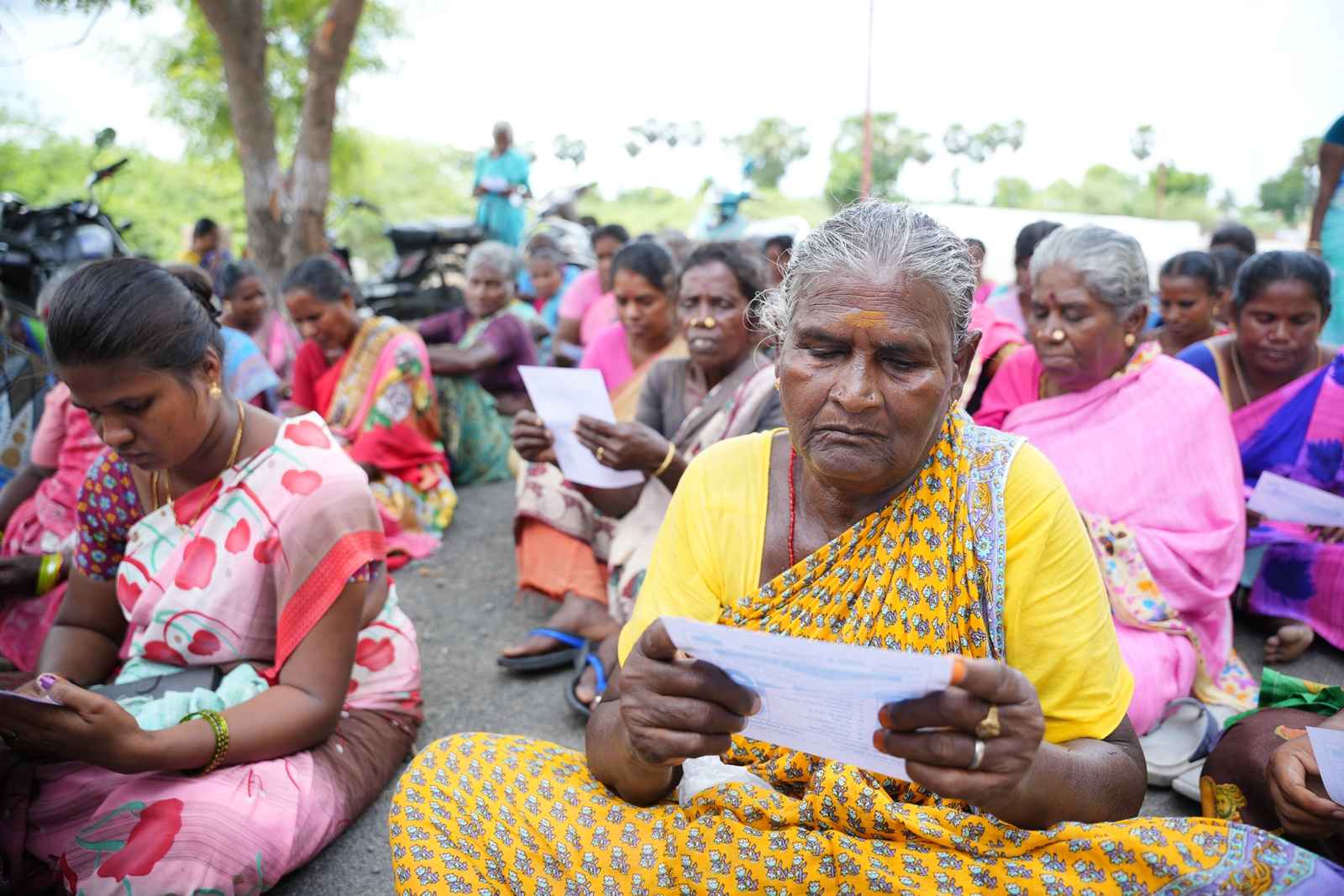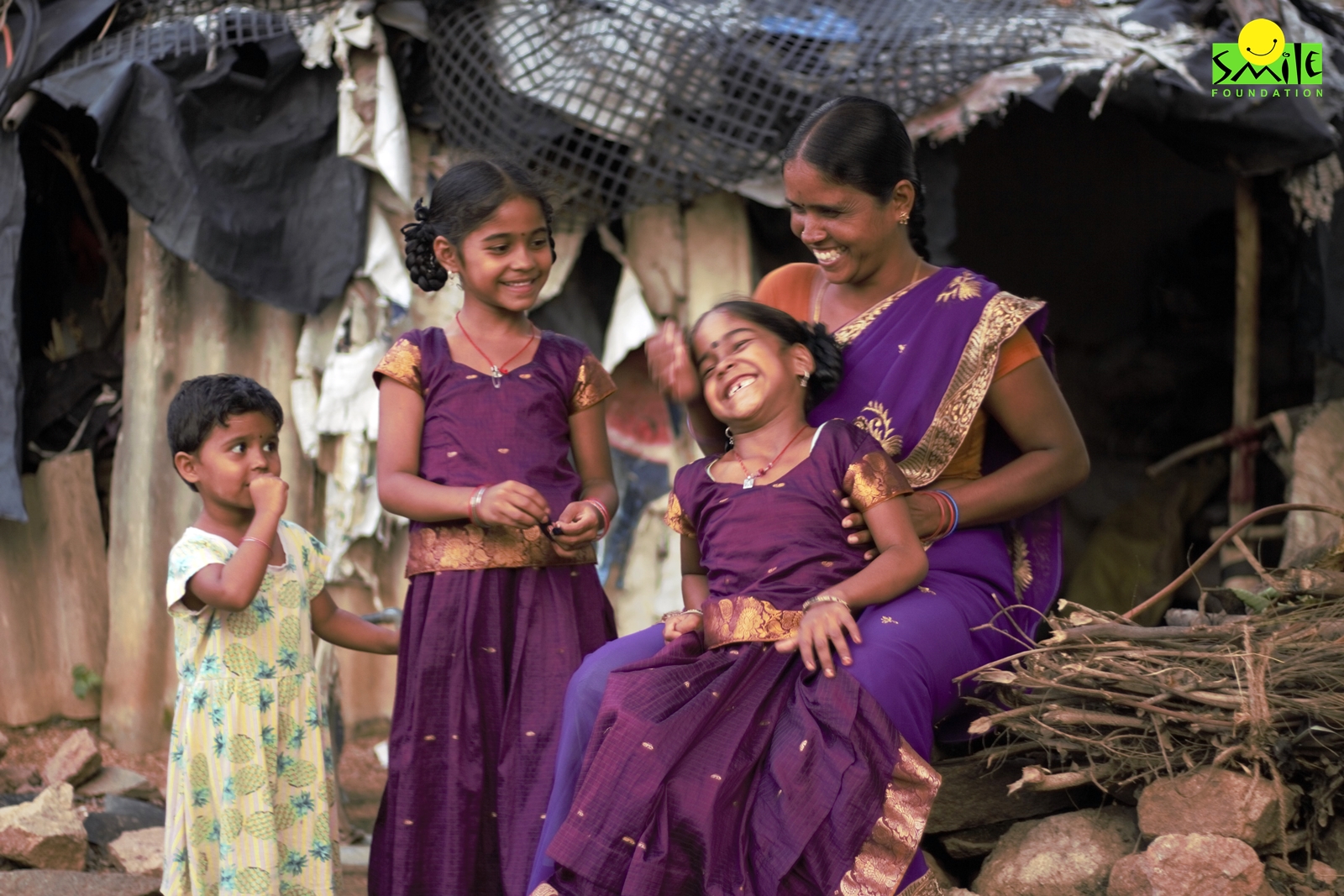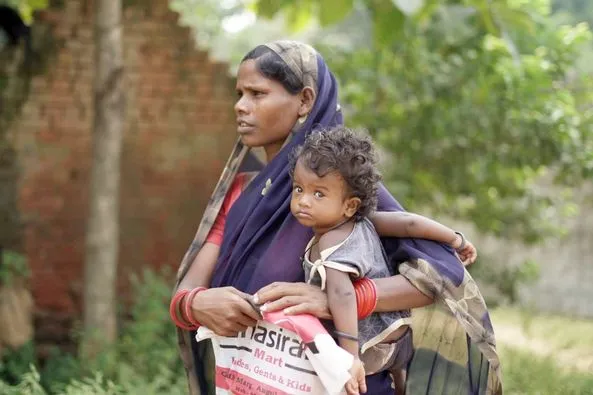Young and full of spirit, the youth of a nation holds the power to take the country to newer heights of development and therefore, celebrating the potential of the youth along with the commitment to invest in their development, this World Youth Skills Day 2024 marks a special moment for the developing country like India.
As the world’s fifth-largest youth population, India has made significant strides in advancing youth development initiatives to achieve holistic empowerment. These efforts are designed to unlock the potential of our youth, ensuring their pivotal role in both personal growth and the comprehensive development of the nation.
Loop of Challenges
According to the ASER report, Indian youth in numerous rural regions continue to encounter significant challenges in accessing employment opportunities. These obstacles stem from various factors that hinder their holistic development –
1. Low Proficiency in Basic Skills
The report indicates that a significant percentage of Indian youth lack proficiency in basic reading and mathematical skills appropriate for their age level. This gap in foundational skills hinders their ability to grasp higher-level concepts and impacts overall educational attainment.
2. Regional Disparities
ASER 2023 underscores regional disparities in learning outcomes, with rural areas typically exhibiting lower levels of learning achievement compared to urban counterparts. This disparity highlights unequal access to quality education and resources across different regions of India.
3. Unemployment and Underemployment issues
One of the longest and overly concerning issues is unemployment and underemployment in India. Recent studies show that in rural areas, unemployment rates have increased. In June 2024, the rate climbed to 9.3% from 6.3% in May 2024 and 8.8% in June 2023. For men in rural areas, the rate rose to 8.2% in June 2024 from 5.4% in May. For women, it increased to 17.1% from 12.0% during the same period.
Furthermore, underemployment is also rising with each passing day, as it has been observed that India’s overall underemployment rate was 62.28, indicating a moderate level of underemployment in the economy. In urban areas, the underemployment rate was 63.95, and in rural areas, it was 61.73. For females, the underemployment rate was 59.81, while for males, it was 62.50.
4. Skills mismatch between education and industry requirements
Over the years, India’s educational system has evolved, yet it has struggled to align with the rapidly evolving job market. Today, emerging unconventional roles require specific skill sets that our educational institutions largely overlook. This gap between education and employability leaves many youth, particularly in underserved communities in India, feeling unprepared for modern job opportunities. They often lack the technical skills demanded by the current Indian market, posing a significant barrier to their employment prospects and overall socio-economic advancement.
5. Social and economic exclusion of marginalised youth
If one thinks that casteism isn’t any more part of the Indian fabric, then they haven’t looked closely enough. Be it in urban or rural areas, many young people still have to face social and economic discrimination. Exclusion from educational opportunities, job markets and essential services like healthcare and social support networks perpetuates economic exclusion leading them to live a vicious cycle of generational poverty.
Skill development programme for youth – India’s Approach
As India strives to become a $5 Trillion economy, we must include youth empowerment as one of our focus areas, so that with strategic planning modern-day youth development programs can be aligned with the demand of the current ecosystem that shall enhance their skills, personality and financial future.
The World Youth Skills Day highlights the critical role of vocational skills in empowering youth, particularly underserved populations in India. The Indian Government’s National Youth Policy emphasises holistic development and sustainability. Aligned with the UN Sustainable Development Goals (SDGs), it focuses on key areas such as quality education, reducing inequalities, promoting decent work and fostering economic growth.
The policy aims to enhance participation in sports and update school curriculum to be more modern and comprehensive. It also encourages teaching financial, legal and digital skills.
Mental health support and involving youth in policy-making are integral components, making NYP 2021 more inclusive than previous policies.
Additionally, it focuses on societal development, recognising the youth’s role in Indian workforce for overall progress and advancement. The NYP 2023 advocates for access to quality vocational training because it not only enhances employability, but also promotes sustainable development by aligning youth capabilities with evolving market demands. It bridges the skills gap, enabling young people to contribute effectively to their communities and the economy.
Steering the Indian youth development on the lines of the National Youth Policy 2023 is a silver lining for the future of underserved youth. By empowering them with vocational skills, they get a chance to achieve sustainable development. It enables them to secure meaningful employment, break the cycle of poverty and uplift their families and communities. Not only this, through the right implementation of the policy, India can achieve national welfare as it shall create an ecosystem that promotes innovation, productivity and inclusive growth.
Taking Indian Youth Forward with Skill India Mission
To implement the vision of the National Youth Policy effectively, the Skill India Mission promotes the empirical training of an array of vocational skills so that the youth are equipped with the necessary skills as required by the new industry demands.
With curriculum-based skill training courses, the Skill India Mission enables trainees to acquire certifications and endorsements from industry-recognized learning centres. The mission also included integrating skill-based learning into school curricula, thereby creating opportunities for both long-term and short-term skill training and employment.
STeP & World Youth Skills Day 2024
Inspired by the vision of the Indian Government for Youth Development, Smile Foundation’s STeP (Smile Twin e-Learning Programme), has been working on fostering youth development across India, particularly in underserved communities, to achieve our dream of a developed India.
The STeP aims to empower youth by imparting them with market-relevant vocational skills and enhancing their employability. Through structured training modules in sectors like Retail, BFSI, Digital Marketing, Hospitality, and Healthcare, STeP equips participants with both technical expertise and essential soft skills crucial for professional success.
The programme’s impact extends beyond skill development, facilitating job placements that uplift youth economically and contribute positively to their families’ livelihoods. By bridging the gap between education and employment, STeP not only addresses youth unemployment but also nurtures a generation of self-reliant individuals capable of integrating into the mainstream workforce.
This World Youth Skills Day, Smile Foundation emphasises to meticulously push forward sustainability and inclusive growth for the youth through the STeP programme so that a skilled workforce can be cultivated that drives socio-economic progress across diverse regions of India. Through its holistic approach, STeP annually empowers thousands of youth, catalysing positive change within communities and paving the way for a brighter future.




